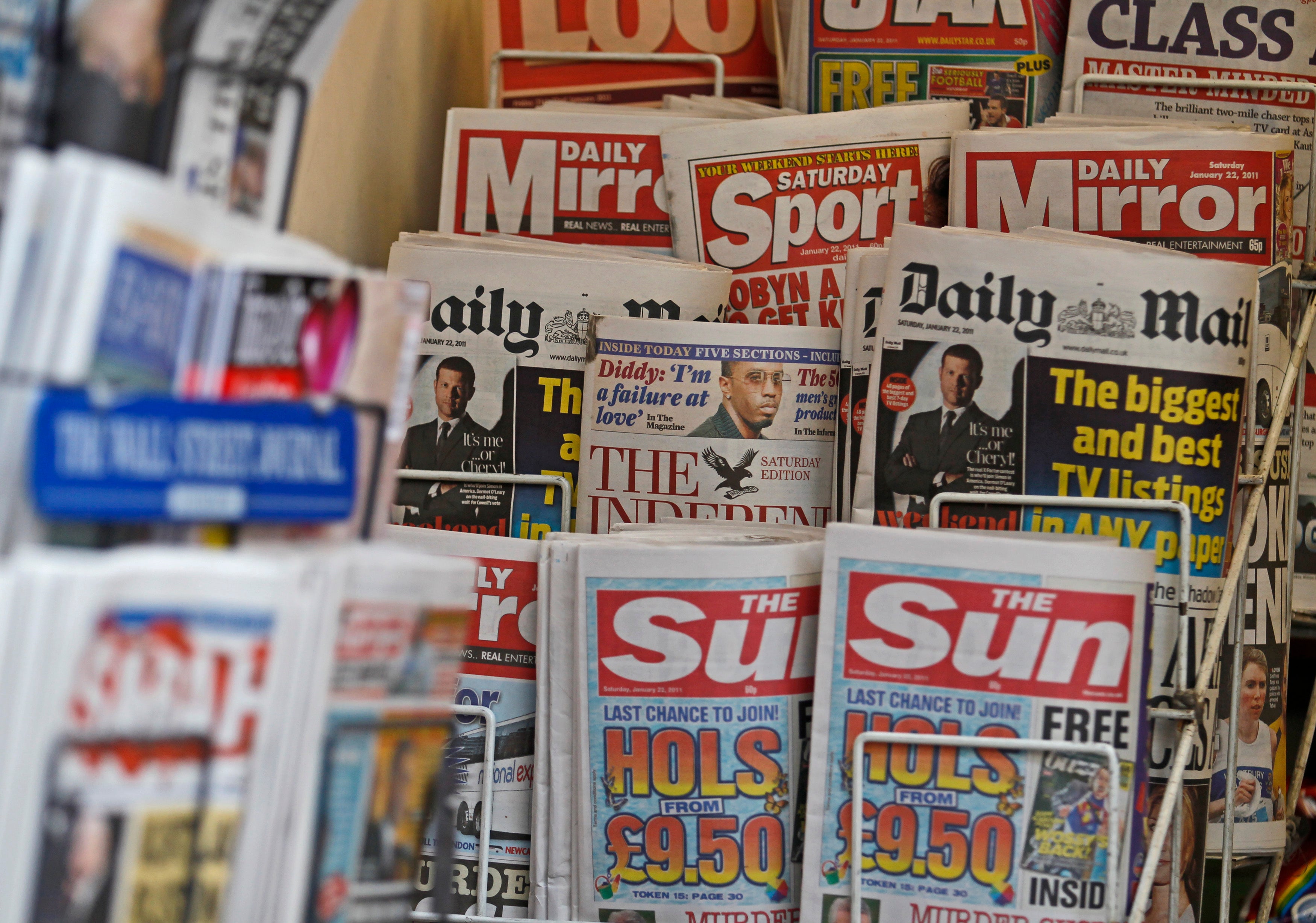
Journalists have spoken out about the shocking level of abuse they face for writing for national newspapers, namely those on the political right.
While, according to one study, news organisations “need to do more” to help the fight against online harassment, a worrying trend is the day-to-day abuse faced by journalists who write for national newspapers.
One freelance, who chose to remain anonymous, said: “I was recently referred to as anti-Semitic for writing a piece for The Telegraph.
“These attacks have become par for the course sadly as journalists just trying to do their jobs are easy targets, especially for online abuse.”
Journalists who write for right-wing titles such as The Daily Mail, The Sun, The Express and the Telegraph appear especially vulnerable to attacks.
Nicole Lampert, a freelance for the Mail’s showbiz section, says she has faced most abuse in the area where she lives – where people consider themselves to be liberal.
She said: “One person refused to talk to me at a dinner party. My neighbour said simply: ‘And you admit writing for them?’ Everyone here gets the Guardian, free with their Waitrose shop.”
Another freelance says: “It’s totally anti-democratic. It’s like the righteous are competing to see who can hate the Mail and Sun more because, of course, just by doing that, they must be nicer and better people.”
Several journalists, who wished to remain anonymous, spoke about the level of abuse they all received online at The Scotsman during the Independence Referendum in 2014.
One said: “The keyboard warriors had a field day then. You don’t have to agree with the politics of the paper you work for, funny how rational people are able to do that. The abuse we were subject to was unbelievable.”
As many reporters have pointed out, in a democratic society it is key to have journalists from different political persuasions report from newspapers.
One said: “I think there’s a lot to be said for working for papers that don’t necessarily reflect your views – and for papers having that mix of staff.
“As a sub-editor, in particular, part of your job is to provide those checks and balances that make sure a story isn’t completely one-sided or overtly partisan.
“I know that at every paper I’ve subbed at, of all social and political persuasions, I’ve called out a lack of balance in a story and gone to editors/reporters saying ‘we can’t say this’ or ‘we need a right to reply in here’.”
Journalist Georgina Fuller, who has written for all the national press, points out people are confused about journalists’ decisions about who they write for.
She says: “People really think you must be deeply aligned for whichever paper you happen to write for, even when you’re self-employed. It’s nonsense.
“My cousin happened to get assigned to a pro-fracking lobby group at the Department for Work and Pensions. I didn’t judge him. He was just trying to pay the rent.”
Another freelance points out many of the liberal and left-leaning newspapers no longer pay decent fees for copy, meaning fewer journalists can afford to write for them.
She said: “The Independent now pay £75 for 1,200 word articles or the Voices section has no fee at all, while The Guardian’s rates have plummeted, plus they often refuse to even commission freelancers they’ve not worked with before.
“It means the pool of decent, fee-paying national newspapers are mainly right-wing, but as any professional journalist knows, it doesn’t matter what your politics are, you just focus on writing your pieces with integrity.”
Another national press freelance, Eugene Costello, told how he was stalked by a member of the Momentum movement after he wrote a piece for the Daily Mail.
“He then abused me on WhatsApp, Twitter, by email and by text,” said Costello. “So I had to block him on all those platforms as well. Work is work and you wouldn’t vilify a plumber fixing Boris Johnson’s bog.”
With social media making it easier than ever for journalists of either gender to face abuse, it appears to be a sign of the times that journalists will face criticism, but many stand up for their right to write for a free press regardless of its political leanings.
Another journalist, who writes for The Sun and describes himself as an “open-minded lefty” said: “The worst thing is it’s often my friends who describe themselves as ‘liberal’ who are the most vocal about abusing journalists who write for papers they wouldn’t read themselves.
“They are trying to censor us, but that’s as far from liberal values as it gets. Political stances seem more polarised than ever and social media has made it easier to target journalists doing their job.”
But in a climate of falling rates of pay and fewer freelance jobs, many journalists remain stoical in the face of condemnation, exercising their right to write for who they want.
Hilary Freeman, who has written for both the Daily Mail and the Guardian, adds: “I love telling people that I write for The Guardian as well as the Mail. It really screws with their brains. You can see the cogs whirring.”
Shannon Kyle is a journalist and best-selling ghostwriter. She has written for various publications from women’s weekly magazines to national newspapers. Visit shannonkyle.co.uk to see more of her work.
Picture: Reuters/Luke MacGregor
Email pged@pressgazette.co.uk to point out mistakes, provide story tips or send in a letter for publication on our "Letters Page" blog
